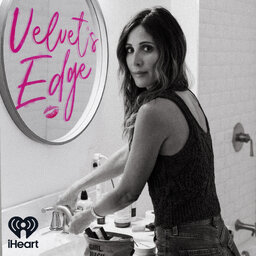From Burnout to Boundaries: Redefining Work with Amina AlTai (The Velvet)
This week, Kelly sits down with Amina AlTai, a holistic business and career coach who is revolutionizing the way we think about work and purpose. Amina shares her inspiring journey from co-founding a successful branding agency to facing life-threatening burnout and two autoimmune diagnoses—all while grappling with a lack of boundaries and codependency in her career.
Now an executive coach for leaders at companies like Google, Deloitte, and Roku, Amina teaches others how to create authentic careers, embrace purpose, and thrive without sacrificing well-being.
In this episode, you’ll learn:
• How to find passion and purpose at any age.
• Why ethical wealth-building and well-being are essential for next-gen leaders.
• What the “passion tax” is—and how to break free from it.
• Science-backed tools for moving from burnout to a fulfilling, joyful career.
Amina’s mission is clear: to equip us with the tools to thrive in work and life during one of the largest labor shifts of our time. Tune in for an insightful and actionable conversation!
Podcast: Amina Change Your Life
Socials: @aminaaltai
Website: aminaaltai.com
HOST: Kelly Henderson // @velvetsedge // velvetsedge.com
 Velvet's Edge with Kelly Henderson
Velvet's Edge with Kelly Henderson


